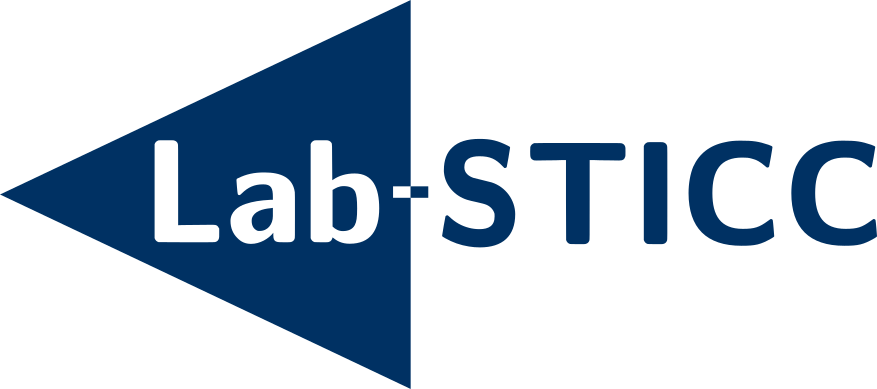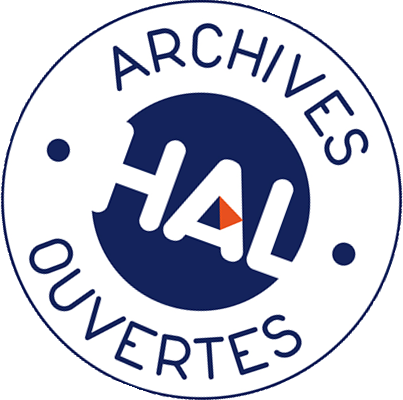Optimized Assessment of Physical Rehabilitation Exercises using Spatiotemporal, Sequential Graph-Convolutional Networks
Résumé
Rehabilitation is the process of helping people regain or improve lost or impaired function due to injury, illness, or disease. To assist in tracking the progress of patients undergoing rehabilitation, this paper proposes a lightweight graph-based deep-learning model for the automatic assessment of physical rehabilitation exercises. The model takes as input the 3D skeleton sequence of a patient performing a movement and outputs a continuous quality score, as a means for patient supervision that could complement or even substitute the need for ordinary clinical exams. Two graph convolutional networks (GCNs) are sequentially employed to learn spatial and temporal features, the first learning key joint relationships per exercise category and the second exploiting frame correlation to focus on relevant parts of the input sequence. Furthermore, in order to enhance the significance of the
scores derived from testing, we propose implementing a classification phase. This phase enables the regression model to produce scores exclusively for sequences specifically tailored to each exercise, which further ensures that an input sequence is assessed only if it corresponds to a complete movement demonstration. The evaluation of the proposed approach on the publicly available KIMORE and UI-PRMD datasets shows that our approach outperforms the state-of-the-art in terms of quality score prediction as well as in terms of efficiency.
Fichier principal
 Computers_in_Biology_and_Medicine__official_submission__ECF_project.pdf (2.9 Mo)
Télécharger le fichier
Computers_in_Biology_and_Medicine__official_submission__ECF_project.pdf (2.9 Mo)
Télécharger le fichier
| Origine | Fichiers produits par l'(les) auteur(s) |
|---|---|
| licence | |
| Commentaire | In accordance with our funding institution’s rules regarding open access to results of publicly funded scientific research, the current and all subsequent versions of this article will be published under CC-BY 4.0 license. |



